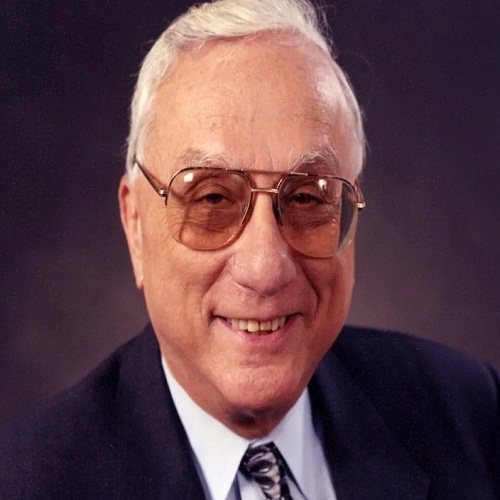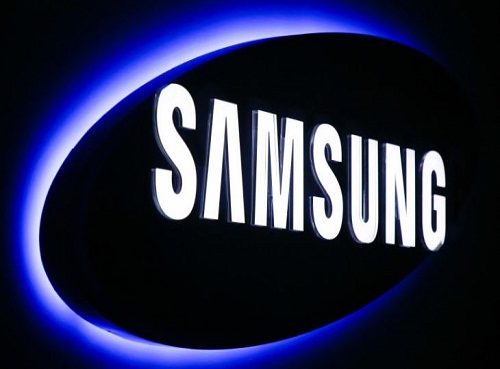Merrill Skolnik First recipient of the IEEE Dennis J. Picard Medal. Life Fellow, 94; died 27 January
Skolnik served as superintendent of the radar division of the U.S. Naval Research Laboratory in Washington, D.C., for more than 30 years. While there, he made significant contributions including helping to develop high-frequency, over-the-horizon radar; a system that can identify friend or foe during combat; and high-resolution radar techniques.
For his work in the field, he was named the first recipient of the IEEE Dennis J. Picard Medal for Radar Technologies and Applications, in 2000. Picard was chief executive of Raytheon and helped the company become a leader in tactical missile systems.
Skolnik began his career in 1955 at MIT’s Lincoln Laboratory. While there, he taught a course on radar at Northeastern University, in Boston. The course was the basis for his 1962 book Introduction to Radar Systems.
He left MIT in 1959 to join Electronic Communications, now part of Raytheon. There he gained experience working on antennas, electronic warfare, and phased arrays.
He then joined the Institute for Defense Analyses, in Alexandria, Va. It provides technical advice to the U.S. Defense Department, the Defense Advanced Research Projects Agency, and other government entities. While there, he did pioneering work on thinned arrays and self-phasing array antennas. He also contributed to the fields of bistatic radars and electronic countermeasures.
In 1965 he became superintendent of the radar division at the U.S. Naval Research Laboratory. He and his staff developed concepts for wideband shipboard air-surveillance radar with reduced susceptibility to electronic countermeasures; self-defense radar; and space-borne radar for detecting ships.
In 1944 Skolnik joined the American Institute of Electrical Engineers, one of IEEE’s predecessor societies. He served on the Proceedings of the IEEE editorial board in the late 1980s.
He earned bachelor’s and master’s degrees as well as a Ph.D. in engineering from Johns Hopkins University, in Baltimore.
Source: Spectrum










